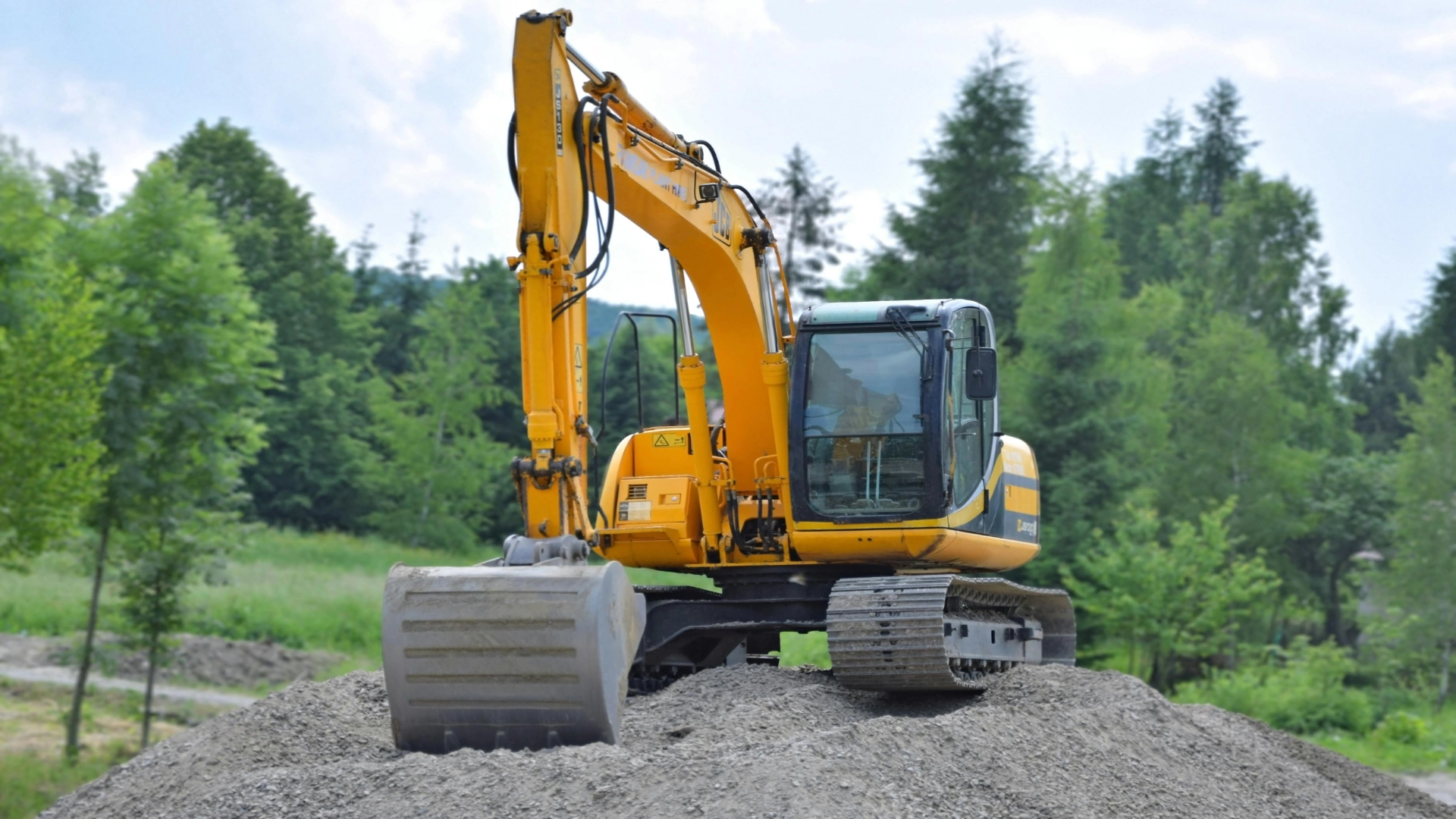Office Line: 012 023 0556 | Whatsapp: 078 416 7322
Menu
Office Line: 012 023 0556 | Whatsapp: 078 416 7322
Course Fees
Course Duration:

Excavators are indispensable in the world of heavy machinery, playing a vital role in industries such as construction, mining, and infrastructure development. Mastering the art of operating an excavator requires specialized training, and accredited courses offer the perfect blend of theoretical knowledge and practical skills.
In this excavator training course, you will learn how to inspect and operate an excavator according to the manufacturer’s specifications and worksite requirements 1. At our excavator training school, we’re here to help you dig, scoop, and lift your way to a successful career as an excavator operator. With our comprehensive excavator training program, you’ll gain the knowledge, skills, and confidence you need to operate these mighty machines safely and efficiently.
Excavator Training equips you with the skills and qualifications to thrive in industries that depend on heavy machinery. By enrolling in an accredited program, you not only enhance your employability but also contribute to the efficiency and safety of your workplace. With a focus on practical skills, safety, and compliance, this training is your first step toward a rewarding career.
Take control of your future today Real Skills Technical FET and embark on your journey to becoming a certified excavator operator!
This comprehensive course provides you with a nationally recognized qualification, paving the way for career advancement.
Excavator operators play a crucial role in several sectors, including:
SAQA ID: 262744
NQF Level: 2
Credits: 15
License Renewal: 1 Day
© 2025 Real Skills Technical FET. All rights reserved.